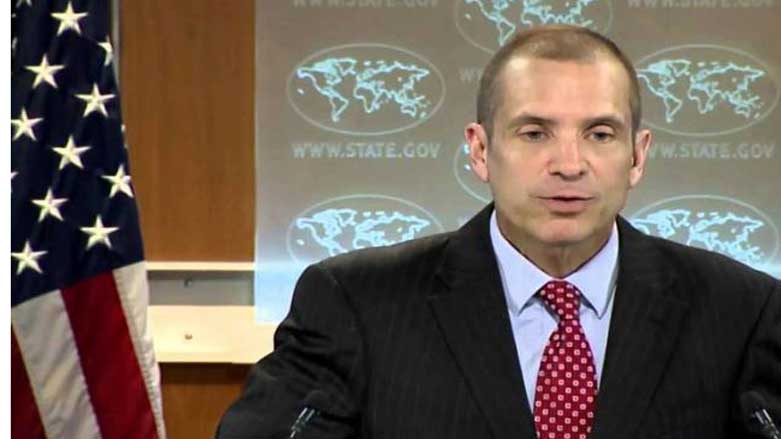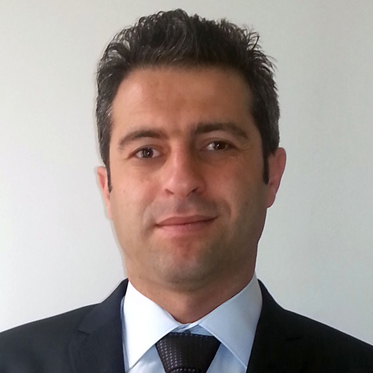US rejects autonomy for Syrian Kurds

QAMISHLO, Syrian Kurdistan (Kurdistan24) – America's Department of State announced in the daily press briefing of May 23 that Syrian Kurds’ mission is to defeat the Islamic State (IS), not to establish an autonomous region in northern Syria.
Answering a question that to what degree the US administration depends on the Kurdish forces in Syria during the ongoing the Syrian civil war, US State Department spokesperson Mark Toner said that the US is still in close dialogue with Turkey which is concerned by the growing Kurdish sway in Syria.
“We’ve also made it clear to these Kurdish forces [in Syria] as well that they should not seek to create autonomous, semi-autonomous zones,” Toner said.
“[Kurdish forces in Syria] should not seek to retain the territory that they liberate, rather that they should make sure it’s returned to whatever civilian authorities there are and able to – so that all displaced people can return there,” he added.
Toner also pointed out that US's support for the Kurdish forces in Syria is for the sake of fighting IS rather than supporting their ambitions for autonomy.
“We also recognize the fact that [Kurdish Forces in Syria] are effective fighting forces and that they are willing to take on and dislodge Daesh,” he said.
Regarding the official view of the Syrian Kurdish administration, a former official in Rojava told Kurdistan24 in an earlier interview that the Syrian Kurds want a federal system, not autonomy.
“Syrian Kurds do not struggle for a Kurdish state that will divide Syria; rather they want to make a new kind of administration which guarantees equality and freedom for all Syrian people,” said Idris Nassan, the former Foreign Affairs Minister of Kobani in Syrian Kurdistan (Rojava).
“Therefore, they [Syrian Kurds] believe that federalism is the most suitable system to keep the Syrian diversity united,” he said.
Nassan further explained that the Democratic Union Party (PYD), the ruling party of Rojava, adopted the idea of geographical federalism that came from Abdullah Ocalan's theory of the democratic federalism. His theory urges various ethnic and religious factions of a certain region coexist peacefully and be treated equally.
“PYD and PKK follow the same ideology, equality for all regardless of religion and ethnicity, but they [PYD and PKK] are not connected organizationally,” Nassan said.
On March 17, Syria's Kurdish-controlled northern regions voted to declare a federal system after being excluded from international peace negotiations in Geneva, seeking to resolve Syria's civil war.
Reporting by Hisham Arafat
Editing by Ava Homa
